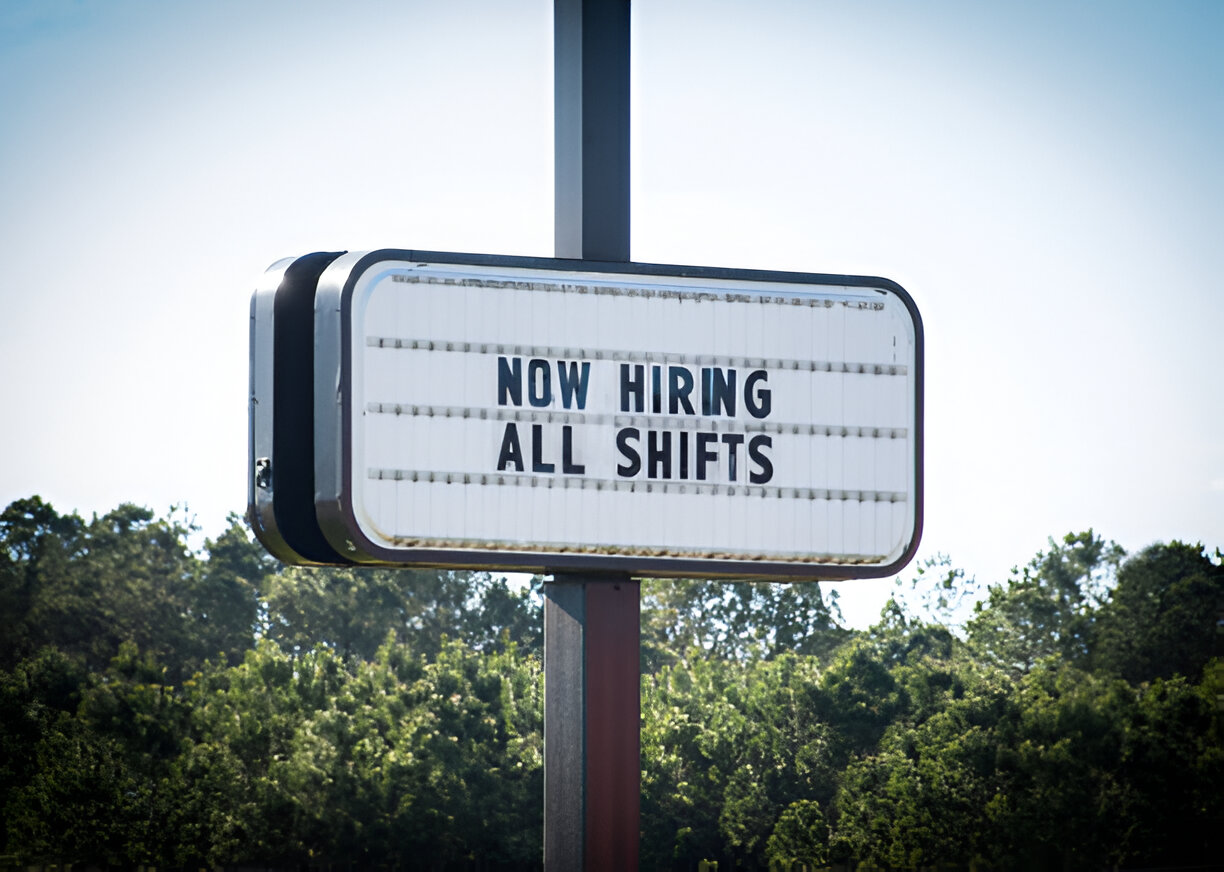By Jarrell Dillard
Bloomberg News
(TNS)
U.S. job openings picked up in October while layoffs eased, suggesting demand for workers is stabilizing.
Available positions increased to 7.74 million from a revised 7.37 million reading in September, the Bureau of Labor Statistics Job Openings and Labor Turnover Survey, known as JOLTS, showed Tuesday. The median estimate in a Bloomberg survey of economists called for 7.52 million openings.
The advance in openings was led nearly entirely by professional and business services and accommodation and food services.
The overall uptick followed months of steep declines—including a big drop in September. The levels of layoffs decreased to the lowest since June, while quits picked up to the highest since May, indicating workers are more confident in their ability to find a new job.
While companies like Boeing Co., General Motors Co. and Cargill Inc. have either recently cut jobs or announced plans to do so, there are few signs of a broad pickup in layoffs.
That’s important for Federal Reserve officials who are trying to avoid any further weakening in the labor market as they gradually lower interest rates.
The hiring rate dropped to the lowest since June, consistent with a weak October payrolls report that was distorted by two severe hurricanes and a major strike at Boeing. Economists expect that to rebound notably in November figures due Friday, while the unemployment rate should hold at 4.1%.
The decline in hiring was also largely due to leisure and business services.
“It would be reasonable to assume that job openings rose and hires fell for the same reason: disruptions in the market that interrupted the normal flow of hiring,” Stephen Stanley, chief U.S. economist at Santander U.S. Capital Markets, said in a note.
The number of vacancies per unemployed worker, a ratio the Fed watches closely, was little changed at 1.1, in line with pre-pandemic levels. At its peak in 2022, the ratio was 2 to 1.
— With assistance from Chris Middleton, Maria Clara Cobo and Alex Tanzi.
_______
©2024 Bloomberg L.P. Visit bloomberg.com. Distributed by Tribune Content Agency LLC.
Thanks for reading CPA Practice Advisor!
Subscribe Already registered? Log In
Need more information? Read the FAQs




